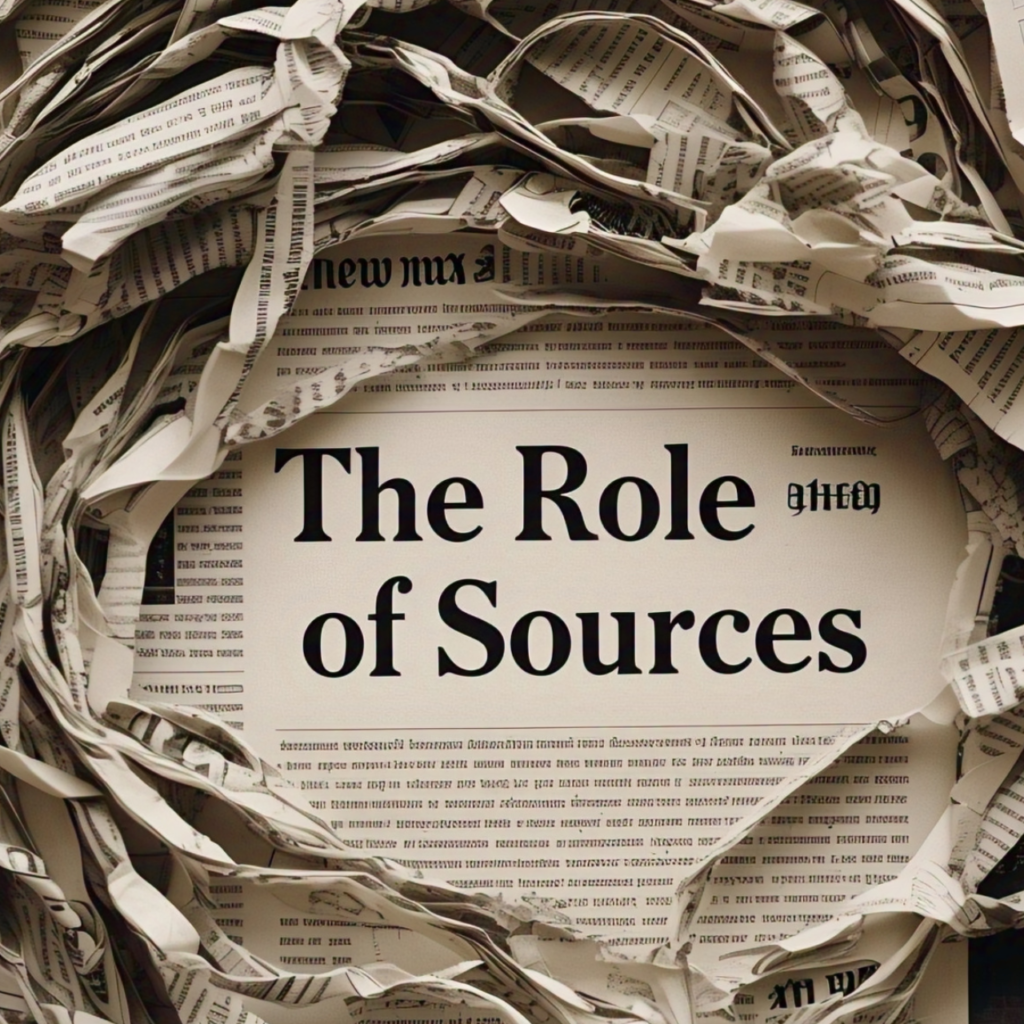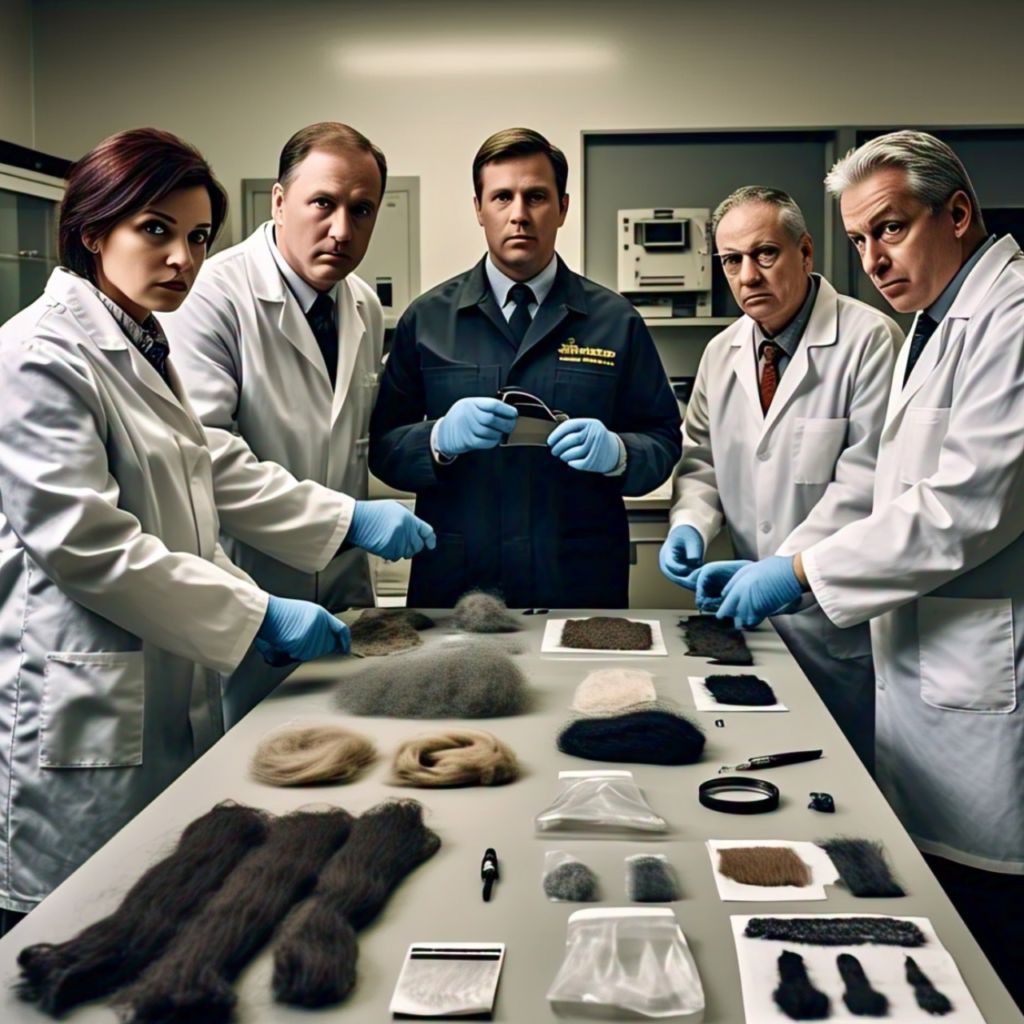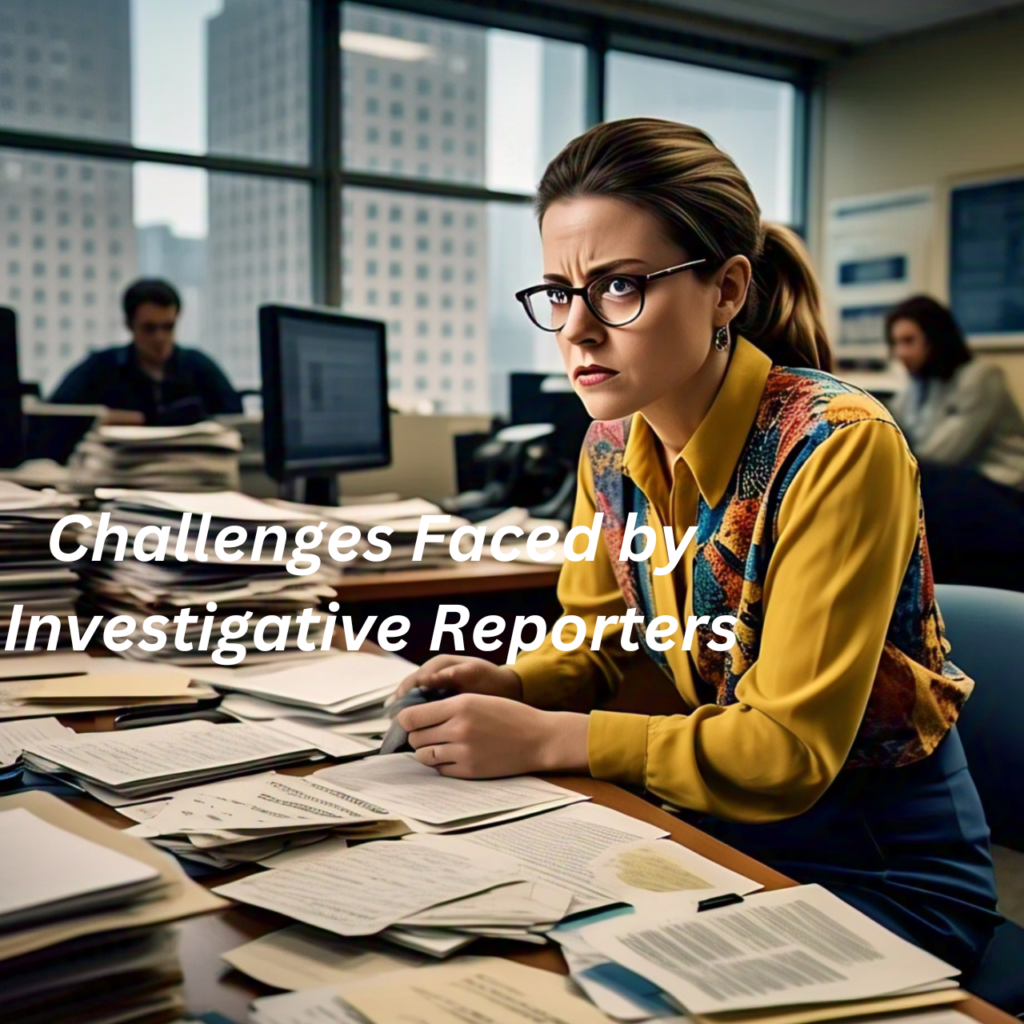Introduction
Insightful reporting is key in revealing secret insights, and the New York Times remains a forerunner in this field. This article investigates how the NYT reveals imperative hints and uses key ways to deal with sought-after effective stories. Check out the NYT strands hint for today’s puzzle.
The Art of Uncovering Hidden Information
NYT columnists depend on profound examination, meetings, and openly available reports. These techniques help reveal secret subtleties, identify divergent spots, and provide thorough proof that frequently prompts the openness of major stories.
The Role of Sources

Dependable sources are fundamental to the NYT’s examinations. Informants, classified witnesses, and master sources guarantee that the paper’s discoveries are honest, thorough, and reliable, adding weight to its insightful endeavors.
Fact-Checking and Verification
Before distributing, the NYT utilizes a thorough reality, taking a look at the process. Columnists cross-really take a look at information, interview various sources, and counsel specialists to check the data. This guarantees that the last story is dependable and real, keeping up with editorial respectability.
Techniques for Sifting Through Clues
NYT journalists utilize advanced strategies, such as information mining, measurable investigation, and example acknowledgment, to filter through complex information. These methods assist with separating significant bits of knowledge and recognizing patterns that could somehow slip by everyone’s notice.

High-Profile Investigations
Analytical pieces, for example, Trump’s expense forms and the Weinstein embarrassment, have exhibited the NYT’s ability to break high-profile stories. These reports have prompted critical public talk and strategy changes, displaying the paper’s analytical power.
The NYT’s Digital Tools and Innovation
The NYT utilizes state-of-the-art innovation, including information perception, simulated intelligence, and web-based entertainment investigation. These devices upgrade their insightful capacities by smoothing out information examination and introducing complex stories in a more open and connecting way. Check out the NYT strands hint for today’s puzzle.
The Role of Editors in Shaping Investigations
Editors at the NYT assume an imperative part in concluding which stories are sought after. They guide the article course, guarantee exhaustiveness, and settle on key conclusions about what snippets of data come to distribution, keeping up with the paper’s editorial principles.
Challenges Faced by Investigative Reporters

Analytical journalists face various difficulties, including legitimate dangers, tight cutoff times, and political impedance. Notwithstanding these obstructions, NYT writers stay focused on uncovering reality, in any event, when confronted with huge dangers.
Ethics in Investigative Journalism
Moral contemplations guide crafted by NYT columnists. They explore the harmony between teaching the public a lesson to be aware and safeguarding individual security, guaranteeing that their examinations are directed decently and capably.
Impact on Society and Public Opinion
The NYT’s insightful revealing lastingly affects society. By uncovering defilement, foul play, and foundational issues, these examinations frequently flash public discussions, lead to strategy changes, and advance social change.
Criticism and Controversy
Notwithstanding its triumphs, the NYT has confronted analysis. Some contend that the paper’s publication position can sometimes impact its analytical inclusion, with allegations of predisposition or specific detailing. Regardless, the NYT keeps up with its obligation to fairness.
Future of Investigative Journalism
The fate of insightful news coverage at the NYT includes adjusting to innovative changes. As the media scene develops, the paper will probably keep on enhancing, using new apparatuses and ways to deal with keep up with its driving job in analytical revealing. Check out the NYT strands hint for today’s puzzle.
Conclusion
NYT’s analytical news coverage consolidates exhaustive exploration, tenable sources, and thorough check processes. Through cutting-edge strategies and advanced development, the paper uncovers basic pieces of information and adds to informed public talk.
FAQs
What is investigative journalism?
Analytical news-casting uncovers stowed-away insights, frequently uncovering defilement, bad behavior, or cultural issues through inside and out exploration and investigation.
How does the New York Times conduct investigations?
NYT utilizes methods like profound exploration, information examination, meetings, and master discussion to uncover stowed-away stories and guarantee precision.
What role do sources play in NYT investigations?
Sources, including informants and secret witnesses, give basic data that upholds the believability and profundity of NYT examinations.
How does NYT verify its investigative stories?
NYT confirms stories through thorough truth checking, cross-referring with different sources, and counseling specialists to guarantee precision and unwavering quality.
What challenges do NYT journalists face?
NYT writers face legitimate tensions, political impedance, and time imperatives yet stay focused on uncovering reality notwithstanding these hindrances.

